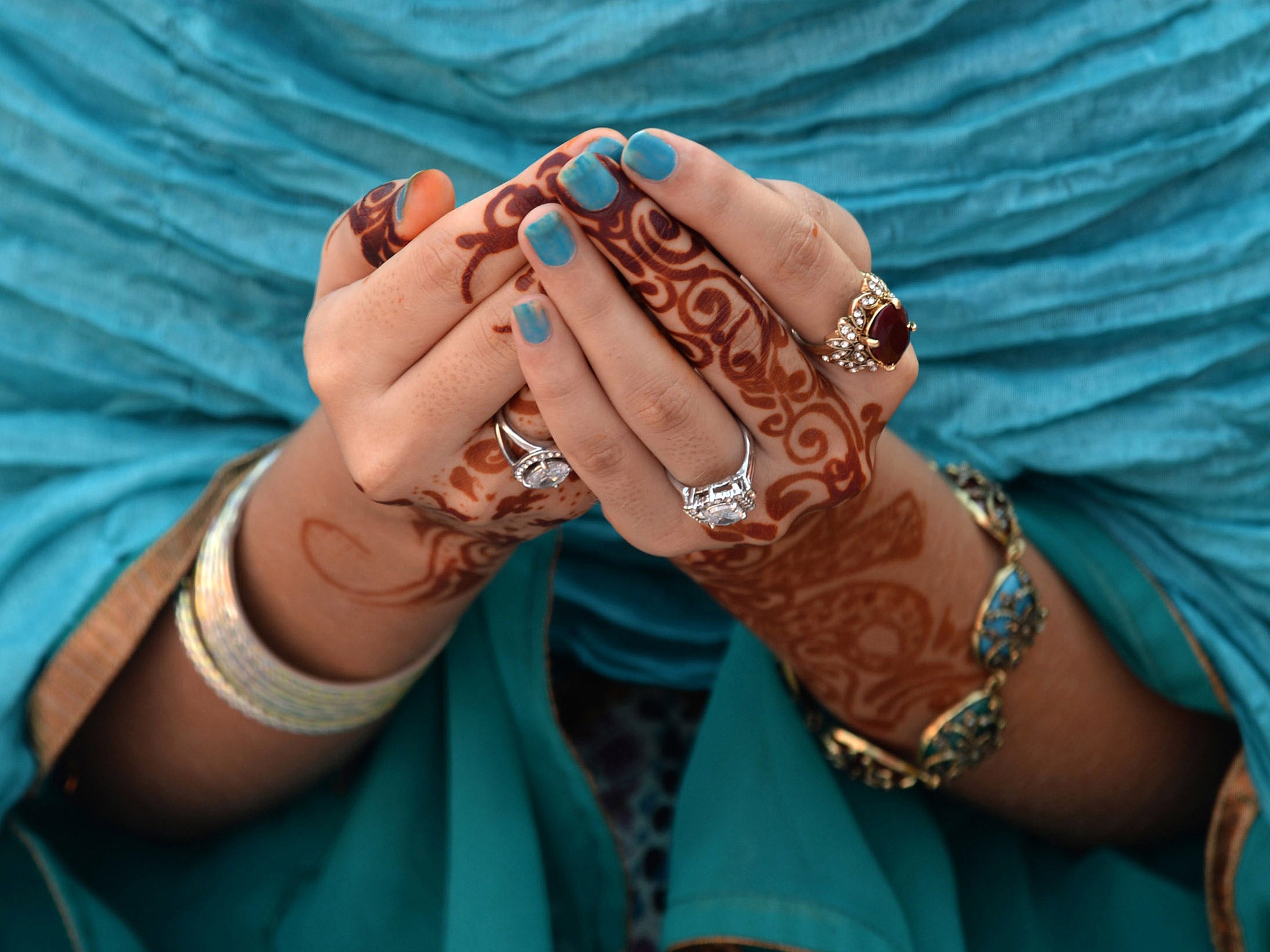British Muslim women 71% more likely to be unemployed due to workplace discrimination
Unemployment rates among Hindu and Christian women were lower than their Muslim counterparts

Your support helps us to tell the story
From reproductive rights to climate change to Big Tech, The Independent is on the ground when the story is developing. Whether it's investigating the financials of Elon Musk's pro-Trump PAC or producing our latest documentary, 'The A Word', which shines a light on the American women fighting for reproductive rights, we know how important it is to parse out the facts from the messaging.
At such a critical moment in US history, we need reporters on the ground. Your donation allows us to keep sending journalists to speak to both sides of the story.
The Independent is trusted by Americans across the entire political spectrum. And unlike many other quality news outlets, we choose not to lock Americans out of our reporting and analysis with paywalls. We believe quality journalism should be available to everyone, paid for by those who can afford it.
Your support makes all the difference.Discrimination against Muslim women in the workplace means they are much more likely to be unemployed than white Christian women - even when they have the same qualifications and language skills - research shows.
British Muslim women are around 70 per cent more likely to be looking unsuccessfully for work, according to the University of Bristol’s Dr Nabil Khattab, who spoke at the British Sociological Association’s annual conference in Glasgow.
The recent national Labour Force survey showed the unemployment rate among Muslim women was 18 per cent, compared with 9 per cent for Hindu women and 4 per cent for white Christian women. This has previously been attributed to Muslim women being less well educated and less fluent in English, but Dr Khattab says his data shows the discrepancy is also likely to be explained by employer discrimination.
Dr Khattab analysed a sample of 2,643 from the national Labour Force survey to compare the rates of those looking for work without success. He adjusted the sample in order to compare women with similar educational level and language abilities and controlled for marital status, children and strength of religious belief.
He found that Muslim women were 71 per cent more likely than white Christian women to be unemployed, even when they had the same educational level and language skills. Hindu women were 57 per cent more likely to be unemployed than white Christian women.
“Economic activity among Muslim women in the UK remains considerably lower and their unemployment rate remains significantly higher than the majority group even after controlling for qualifications and other individual characteristics,” Dr Khattab said.
He added that the conspicuousness of Muslim women’s religious background was likely to be a key factor in explaining their exclusion. “They wear the hijab or other religious symbols which makes them more visible and as such exposed to greater discrimination.”
Join our commenting forum
Join thought-provoking conversations, follow other Independent readers and see their replies
Comments